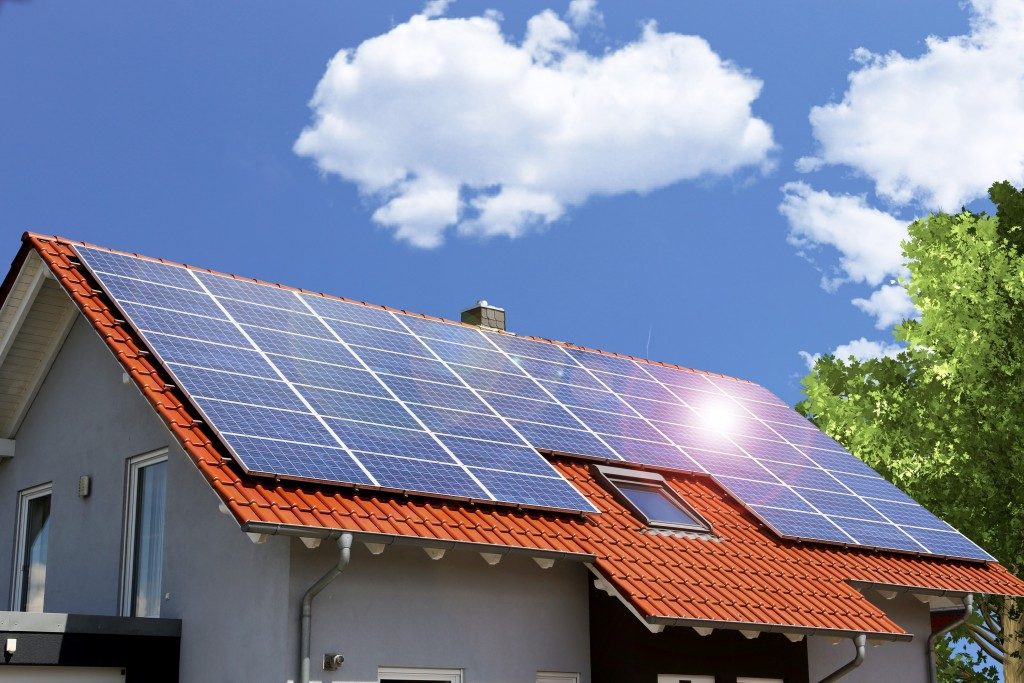The environment ranked as the number one priority among Kiwis, but not everything purported to be good for the environment is actually helping it. Certain factors can make a green option effective or ineffective, depending on the country that implements them.
Solar Power
The sunny climate of New Zealand doesn’t just make solar power systems feasible; it makes it profitable. An average Kiwi home uses 30kWh of electricity daily, with total costs at around $200 a month. That rate of consumption can easily be covered by an 8-kW solar power system that can produce an average of 40kWh a day. This covers your home’s daytime electricity needs, as well as sending a few extra to the grid to cover your nighttime use. An 8-kW system costs $17,000-$19,000 or around $200 a month on a 10-year financing plan. It’s practically free, and you get 15-25 more years of electricity once you’re done with the payments.
Electric Cars
Electric cars in Australia, the UK, and the US makes no sense. These countries rely on fossil fuels (at more than 80 percent) for their electricity production, making electric cars indirectly powered by fossil fuels. The production of an electric vehicle also produces tons of greenhouse gases (2.5-3 more tons than standard cars), requiring 10-15 years of use just to offset the greenhouse gases used in their production. New Zealand’s power production is vastly greener compared to the three countries. Eighty percent of its energy production relies on clean and green sources, making electric cars a viable option. You can find electric vehicles for sale throughout the country, with manufacturers like Audi, BMW, Nissan, and many others producing vehicles that surpass standard gas-guzzlers in speed, acceleration, and handling.
Recycling
As an ideal, recycling is significant. In practice, it isn’t. Less than 20 percent of recyclables get recycled. Most are just incinerated, sent to landfills, or worse — shipped to other countries. In September 2019, Indonesia sent back cargo containers filled with plastic and other recyclables back to New Zealand. Malaysians are also taking a stand against the recyclable-dumping practice, spearheaded by Greenpeace and other local advocacy groups. Indonesia, Malaysia, Thailand, Vietnam, and the Philippines receive close to 60 percent of New Zealand’s plastic waste exports, and even China has proclaimed that it will no longer be accepting plastic waste exports. Effective recycling is a myth. Recycling facilities are not equipped to cope with the vast amounts of recyclables, even in a country as small as New Zealand. A better solution is to reduce your use of plastics by using reusable containers.
Sorting Biodegradable Waste

Unless you’re composting in your backyard, sorting your biodegradable waste won’t make a difference. Your rubbish will go to the landfills and stay there for years on end. Even if they are biodegradable, landfills are not so conducive to decomposition. Even bacteria require oxygen to breakdown organic material, and landfills are so tightly-packed, creating an anaerobic environment. Compost your food waste at home. Otherwise, it won’t be composted at all.
Striving to be a little bit greener to help fight climate change is a noble aspiration. However, some green practices are only effective on paper, failing as soon as they are implemented.

